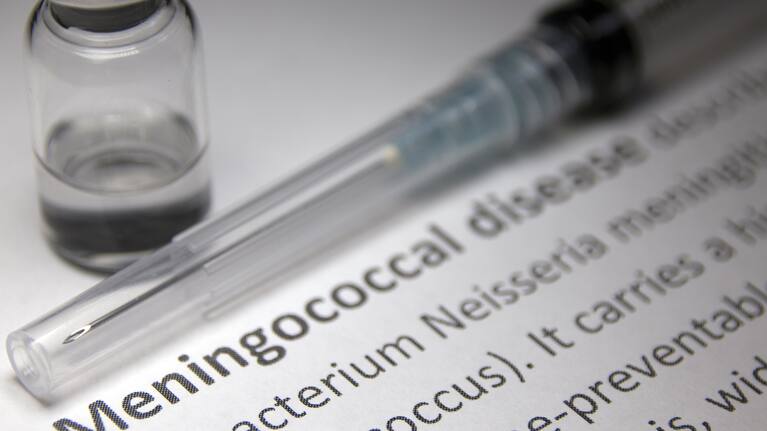The risk of meningitis is shifting from infants to teens, according to new research from the Institute of Environmental Science and Research (ESR).
ESR said data shows the number meningococcal cases among Kiwi teens and young adults has increased by 88% since the same time last year.
"Māori youth are among those experiencing the largest increases in case numbers, with three times as many recorded as the previous year. The figures also show a significant lift in the number of cases among European teens with males up 67%."
Meningococcal disease is a fast-moving illness, with symptoms similar to other illnesses like influenza.
National Public Health Service Medical Officer of Health Dr Ramon Pink says: "It's a bacterial infection that can cause two very serious illnesses: meningitis (an infection of the membranes that cover the brain) and septicaemia (blood poisoning). It can affect anyone — but it's more common in children under the age of 5, teenagers, and young adults."
ESR said Māori and Pasifika infants and toddlers made up the majority (55%) of cases last year but there has been a shift to the 15-29 demographic.
"Last year, those aged between 15-29 made up 16% of cases. For the same period this year, they make up 35% of all cases."
The research said the number of infants (aged under 1) with the disease has dropped 60% compared to last year while the number of 15-29-year-olds with meningitis has risen by 88%.
Woodford House school nurse Caryn Williams says the data shows — along with tertiary students or young Kiwis in flats — school students are at heightened risk of getting the disease.
“Year 12 and Year 13 students are incredibly social.
"By this age, they’ve often had balls to go to and are regularly attending parties, music festivals and events with large numbers of people.
"There are numerous risk factors in these environments — including sharing of vapes and beverages. Once they’ve had a couple of drinks, they tend to lose their inhibitions and are more cavalier with their health."
She said any parents unsure of their child's vaccine status should check with a GP or school nurse.






















SHARE ME